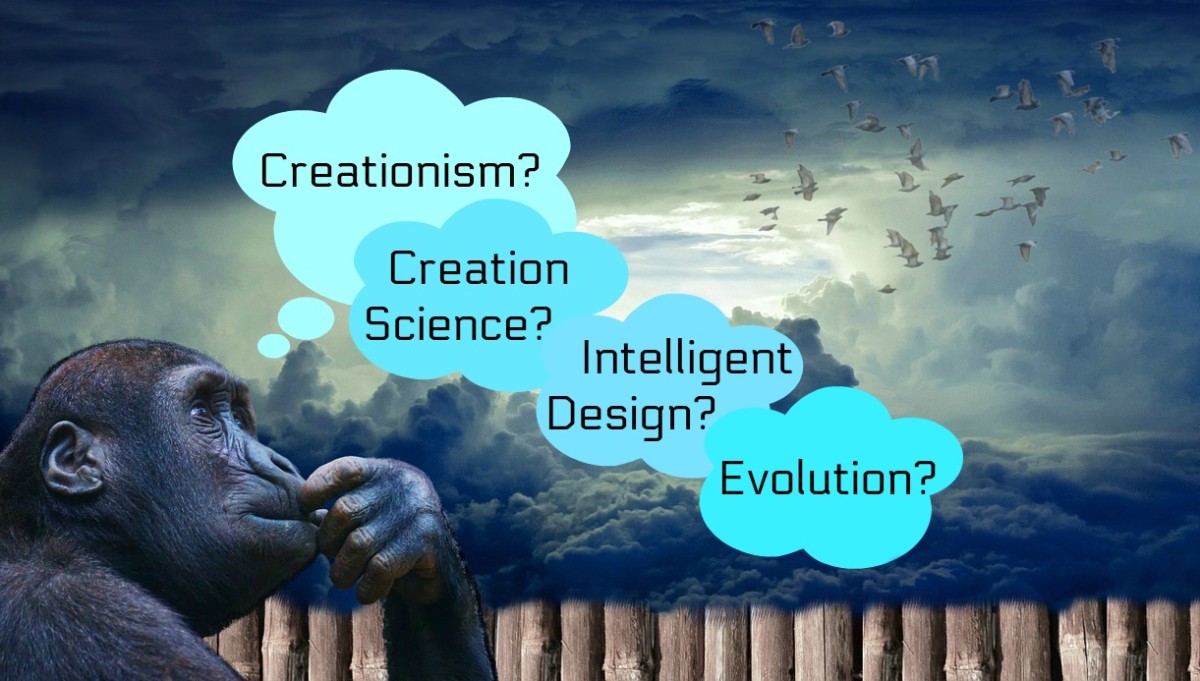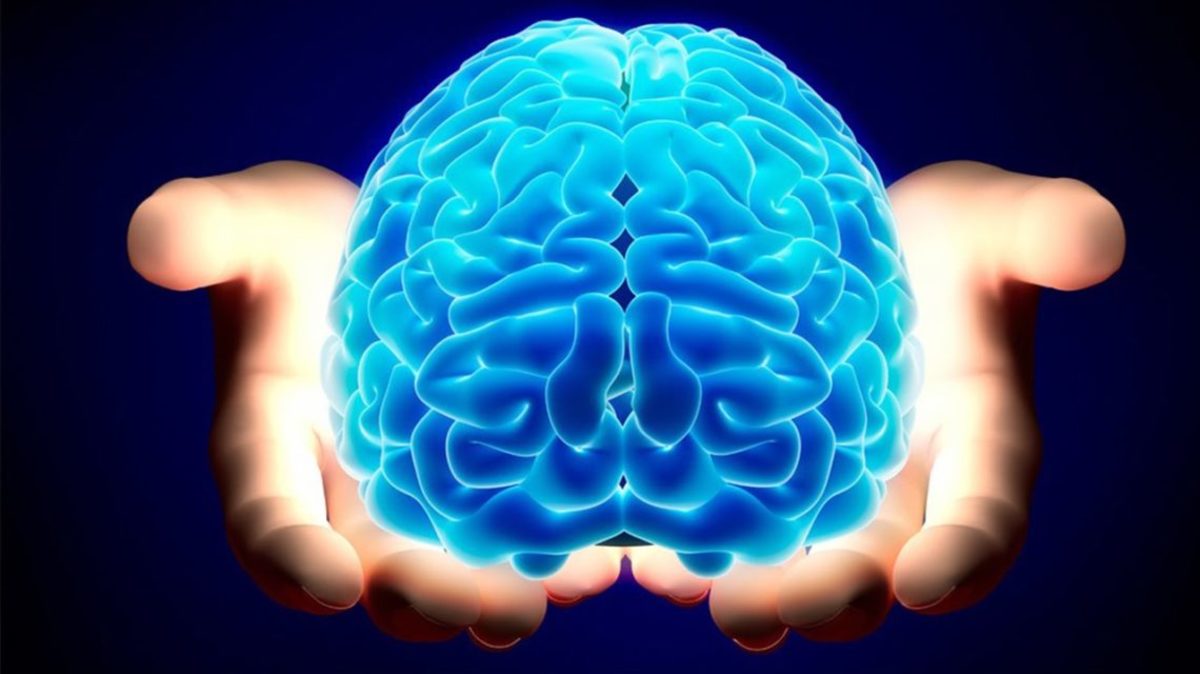Dangerous myths

Reward after death
One of the most controversial ideas is the concept of anything after death. Whether there is some kind of life or consciousness, heavenly or hellish states, immediate or delayed reincarnation or transmigration, or just plain nothingness and oblivion, we have no objective or empirical way of knowing with certainty. One such idea widely held is the concept of some kind of reward or punishment after death, which we can't objectively prove. There are a lot of ideas out there, many of them ancient and there are some new ideas too, but none of them have much by way of verifiable scientific proof. In the modern era, scientific proof that is considered valid must be both rigorous and independently repeated. Perhaps one of the problems is being able to prove anything in a concrete way when we hear stories of those who have near death experiences. Myths that are told usually to the young are believed by them because they often have nothing else to compare them to. Therefore they are forced to rely on reports from their elder and peers. This usually is handed down from generation to generation in this fashion. This has been the nature of religious belief for most of history. Now that we have the internet, the written word, comparative philosophical and religious analysis and new findings we see that a lot has been held back and that basic ideas have changed over the course of centuries. In essence, much of what we have been told is a lie and this throws much doubt on the rest of the story. Even in reasonably contemporary times, the Bible has gone through many changes, some of which can be tracked in the later 20th century in various fundamentalist rewordings in the Bible from the original Greek. Among them are how believers are to greet one another and a translation from how royalty dresses into homosexual. Just in the King James Version we can find renderings from Greek words such as philia, charitos, eros and agape into the single English word love. The same is true for aeon, gia and cosmon which render into our word world, This alone has generated a lot of misunderstanding.
We are told for instance in Christendom that "God is love" but if you are still in sin and have not met the requirements of a belief system you are doomed to eternal torture. Alternately, if you present yourself a living sacrifice against the infidel by wearing a bomb belt and blowing up the enemy and yourself, you will immediately go to an afterlife pleasure paradise with Allah that seems like a feast and sex scene out of Fellini's Satyricon. In this scenario, you don't even have to accept a personal savior as required by Christians. As a Hindu, upon death you are immediately reincarnated to a birth of blessing or accursedness according to the “divine law of karma”. In some sects, you could reincarnate as an animal or insect. This latter idea extends into Buddhism, where some sects don't want to trample on crawling insects as they could be the reincarnation of an ancestor or parent. Within each system of belief there is a virtual galaxy of sects, each condemning the other as in darkness or wrong. Within the context of Christianity alone there are myriad differences that have split along various differences in belief. At last report, there are some 300,000 variants of Christianity. Being mutual in condemnation of all the others, we have Catholicism, Protestantism, Seventh Day Adventism, Jehovah’s Witnesses, Fundamentalists and Evangelicals to name but a tiny few. Given this, a whole lot else too, it is an open question as to what is the truth. To many, the existence of this simple comparison is an act of blasphemy that would warrant a death penalty from all of these groups. Despite the array of differences and mutual hatred that exists, they can all unite on a single focus; hatred of gay people. Not everyone can be right at the same time. If these many philosophies can't even agree on how we are to conduct ourselves in the physical reality, how can we trust any one of them in regions that are so far, speculative. Thus this is the danger in reward after death myths.
The reason why this works is due to a fundamental reality of human nature; i.e., the desire for acceptance by others; the community, parents, siblings and peers. We are born utterly defenseless and totally reliant on the parents who must feed and educate us to the stage where we can become fully independent. In the days when we were much closer to nature, this was healthy and the young got the education they needed to survive and pass this on to their children when they reached the age to survive on their own. As mankind developed civilization, each one adopted the circumstances and experiences of the natural world in their locale. Sky and seasonal observations were woven into poems that were first handed down by word of mouth and later recorded on pottery, stone and paper. If they had access to computers, they would have been recorded there, just as we do now. All of this was only possible with the advent of agriculture and the development of foodstuff surplus value that allowed mankind to break away from hand to mouth hunter-gatherer living. Specialization also turned to sky watching and thus myth was born that was to eventually include the idea of an afterlife; reward and punishment.
Each region developed myths that had a common theme as they observed the same skies, but differed in detail due to the correlation of local seasons, plants and animal cycles to the sky throughout the year. Myths thus developed for each region. This is where all the different ideas come from when one looks into comparative religion and philosophy. Today we continue to evolve new myths and philosophy based on contemporary experience. We have influential equivalents of religion such as capitalism, monetarism, Epistemological objectivism, existentialism, science, consumerism, socialism, communism, Marxism, anarchism and the like. We also have the myth of the super hero that saves us continually from disasters, natural and man-made. None of these propose anything but reward in the here and now. Some are individualist and egoist oriented and others are collectivist. But woven within contemporary philosophy are the old belief systems of religion that hold most of us in thrall. The existing powers today recognize the power of belief coupled with the need to belong. This is used by them for extension of power and acquisition of wealth and territory. All of the existing powers are in competition for territory and surplus value. All surplus value comes from labor taking resources nature provides and reshaping them for human use. Religion with all its unfounded and unproven promises is used to get those under the influence thereof to do the bidding of the leaders, which are usually expressed through warfare and all its evils to extend territory. Religion in its exaggerated form, degenerates into pathology, which can lead to all sorts of bizarre results.
Of all the belief systems out there, the one that most closely matches reality is recorded in the Vedas. Therein we find all the states of experience that humanity endures. The Vedas also describe the condition of karma which is generally comparable to "You reap what you sow" as described in the Bible. But the Vedas resolve this balancing of accounts through reincarnation; Christians through heaven and hell. The Vedas give people many chances. Christianity gives just one life to get it right. Who is right? Ultimately no one knows exactly outside of theory and speculation. Yet it is just all this speculation that has led to so much trouble in the world from terrorist attacks, mass suicide, torture, genocide, bullying assaults, coercion, threats and intimidation that extends from the homeless poor all the way to the halls of power. Rewards of many kinds are promised and all too often not delivered. Thus, the concept of reward is delayed to the next life or the afterlife when one dies from the physical. Followers will, not knowing better, throw themselves into the task to become worthy and the end of them is unknown after they die. Often, within a few years, most people are entirely forgotten after death. Time and nature moves inexorably on.
Science has recently tackled the field of consciousness and the death state. Once considered outside of the field of scientific investigation, Francis Crick opened the doors to such investigation in some of his books. Since then, science has dived headlong into the question of the nature of consciousness and has produced some interesting observations. But so far, the nature of the after death state has remained out of reach; and so we are left with all the various faith based explanations and all the dangers attached thereto. Even science is not outside of the influence of such speculations and these are promulgated to the people at large. Science in the context of contemporary society managed by the oligarchs is also shaped by the bottom line of profit. Science can take both sides of a single question and substantiate them with proofs. We see this most often in the fields of the environment and nutrition and this conflict is producing an anti-trust in science by those outside of the scientific view. All too often, science is reduced to a belief system like religion and myth that has its own dangers. But of all fields, science should not be the reserve of faith, but of objectivity and rigorous proof as originally conceived. The Scientific approach may or may not ultimately answer the question of the after death state and what happens there. It may be like asking the question; "What is life like one mile north of the North Pole?" as stated by Stephen Hawking.
What others believe can kill you
- BBC News - Murder puts spotlight on Kindoki 'witchcraft'
The murder of Kristy Bamu has raised concerns about the spread of a belief in Kindoki from DR Congo to migrant communities in the UK and elsewhere. When religion supports belief in demon possession and witchcraft, some people get murdered.








